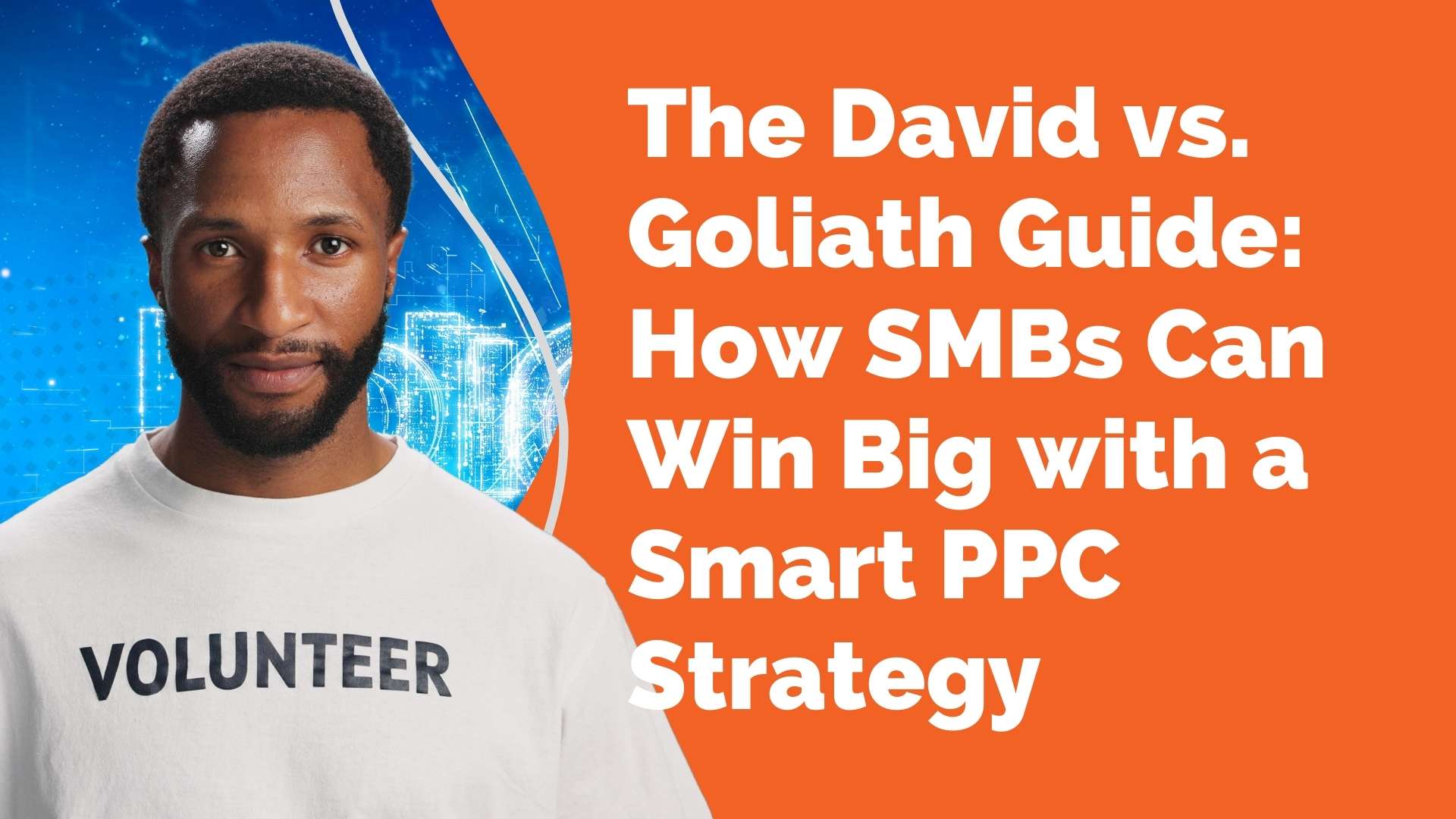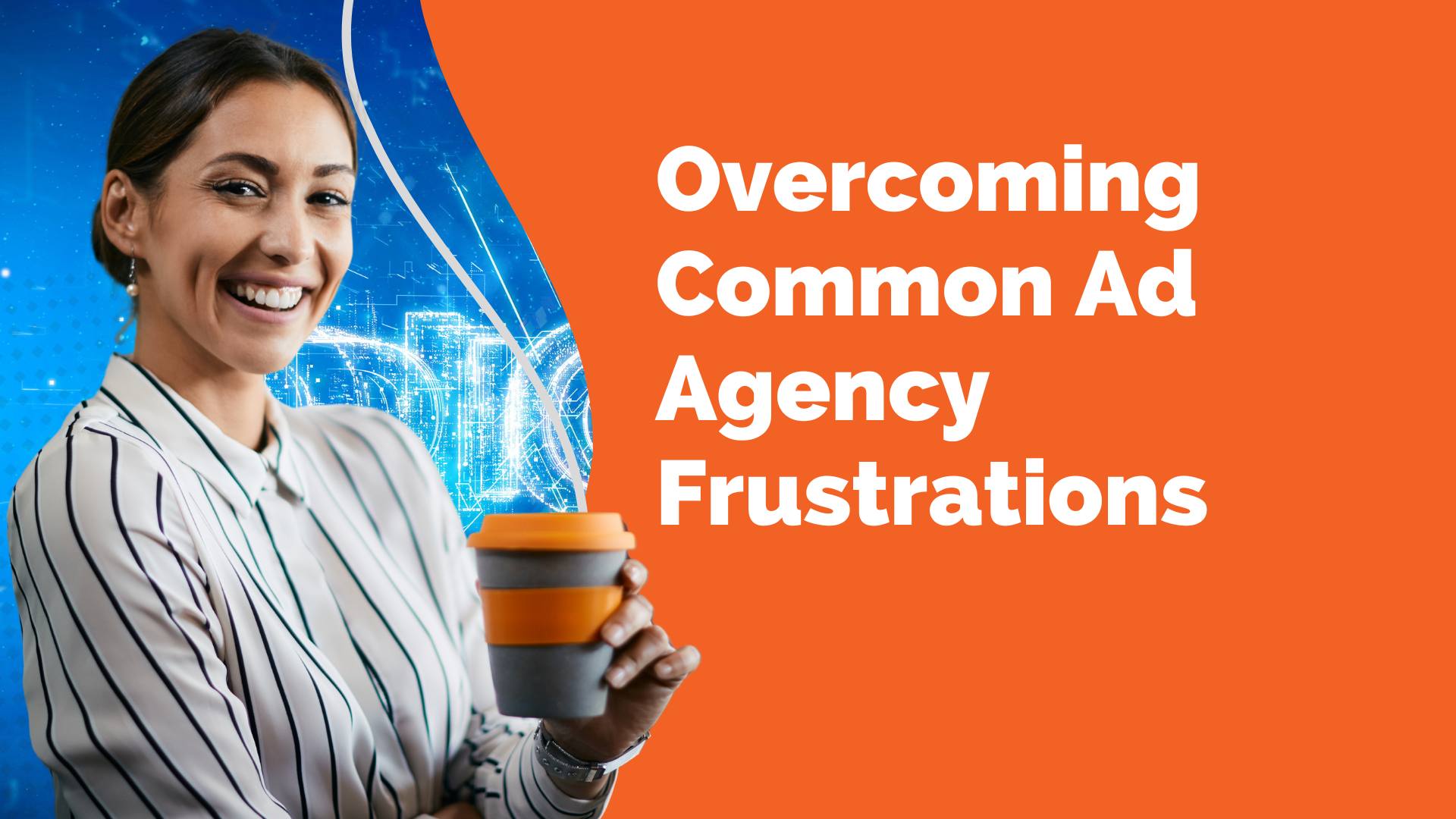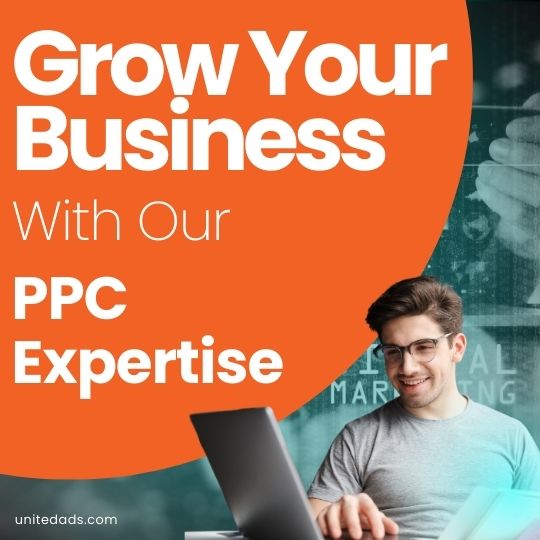About the Author
Alex is Founder & Strategic Advisor at UnitedAds, a leading digital marketing agency specializing in PPC Management.
With nearly two decades of industry experience, he has become a recognized authority in creating high-impact Google Ads campaigns that drive business growth.
Under his leadership, UnitedAds has built a strong reputation for delivering data-driven strategies that maximize ad performance and improve online visibility. Alex’s expertise lies in leveraging the full potential of PPC to help businesses scale efficiently and achieve sustainable success in the competitive digital marketing landscape.
In the vast and often turbulent landscape of online advertising, small-to-medium businesses (SMBs) often find themselves facing a daunting challenge.
They’re not just trying to get noticed; they’re trying to compete with advertising giants, companies with seemingly limitless budgets and armies of marketing professionals. It can feel like a classic “David vs. Goliath” scenario.
But here’s the truth: SMBs aren’t destined to be squashed under the feet of marketing behemoths. With a smart, strategic approach to Pay-Per-Click (PPC) advertising, SMBs can not only survive but thrive and achieve remarkable success. It’s not about matching the big boys dollar for dollar; it’s about outsmarting them with precision and agility.
The reality is, SMBs can’t compete with a global multinational on the sheer size of their advertising budget. Where a large corporation might spend hundreds of thousands of dollars on broad keywords and aggressive bidding, this approach simply isn’t feasible (or wise) for smaller operations.
However, the perceived disadvantage of a smaller budget can become a powerful advantage when harnessed correctly. This requires a fundamental shift in thinking, moving away from a “spray and pray” approach to a strategic and highly targeted one. This is where the power of a smart PPC strategy truly shines through.
The Strategic Advantage: Thinking Small, Winning Big
The key to an SMB’s success in PPC lies in its ability to be niche-focused and adaptable. Instead of spreading resources thin, SMBs should adopt strategies that emphasize precision and cost-effectiveness. Here’s a breakdown of techniques that level the playing field:
-
Hyper-Local Targeting: Own Your Backyard Instead of trying to capture national or international attention, SMBs should focus on dominating their local area. Google Ads allows you to target specific cities, regions, or even a radius around a physical address. This means your ads will be seen by potential customers who are more likely to visit your brick-and-mortar store, use your local service, or attend your local event. By zeroing in on a specific geographical location, you reduce competition, lower costs, and reach a more qualified audience. Imagine a local bakery only showing ads to users within a 5-mile radius—they’re reaching the right people and not wasting money on those too far away to patronize their business.
-
Long-Tail Keyword Optimization: The Power of Specificity Instead of targeting broad, highly competitive keywords like “shoes,” an SMB could target highly specific keywords like “women’s red running shoes size 7.” These “long-tail” keywords have lower search volume but attract users with a very clear intent. This leads to higher conversion rates and lower costs because these keywords are less contested. For example, a local plumbing service might find it impossible to compete on the term “plumber” but can dominate on long-tail keywords like “24-hour emergency plumber in downtown oakville.”
-
Remarketing: Re-Engage Lost Opportunities Remarketing allows you to re-engage with users who have already interacted with your website but haven’t converted. This highly effective tactic is often underutilized by smaller businesses. By showing ads to past website visitors, you remind them of your offerings and encourage them to return and complete a purchase. This strategy is powerful because you are reaching people who have already expressed interest in your business. For example, a user who abandoned their shopping cart at your online boutique could receive ads that feature those exact items.
-
A/B Testing on a Tight Budget: Constant Improvement A/B testing involves creating variations of your ads and landing pages to determine what performs best. This is often underutilized, but it’s essential for any PPC campaign. SMBs might not have the resources to test large variations on a wide audience, but A/B testing is still a critical process for constant improvement. SMBs should focus on testing core changes that can have a measurable impact on the ROI. Every tweak and adjustment can help you maximize conversions with a smaller advertising budget. For example, testing different calls to action on a landing page can drastically improve your conversion rate.
-
Emphasizing a Unique Selling Proposition: Why Choose You? Instead of focusing on what everyone offers, an SMB needs to emphasize its unique value proposition to carve out a space in the market. What makes you different? What makes your offering superior to the competition? Is it better customer service? A specialized product? A more convenient location? By highlighting these elements in your ads, you can attract customers who are specifically looking for what you offer. For instance, a local restaurant might highlight its use of organic and locally sourced ingredients to attract health-conscious customers.
The Power of Strategic Simplicity
It’s tempting for SMBs to feel like they must replicate the aggressive strategies of larger corporations, but this is a mistake. The power of the SMB lies in strategic simplicity, focusing on what they do best, and targeting the right people, in the right place, at the right time.
Don’t be intimidated by the Goliaths of online advertising. The reality is that the “David’s” of the business world can leverage PPC to not only be seen, but grow and prosper with consistent, intentional effort. By adopting a niche-focused, strategic approach, SMBs can level the playing field, optimize their budgets, and achieve impressive results. It’s not about spending more; it’s about spending smarter.
Are You Ready to Compete?
The key takeaway is that SMBs don’t need to be outspent to be successful with PPC. You can be the small business that makes a big impact through focus, strategic planning, and consistent implementation. Are you ready to start leveling the playing field and win big?







